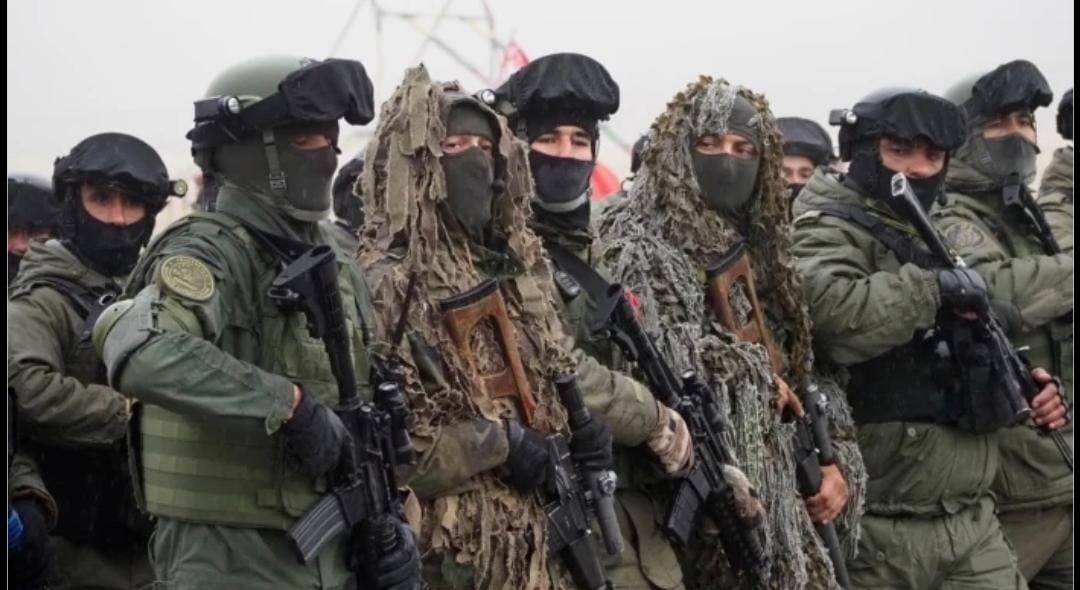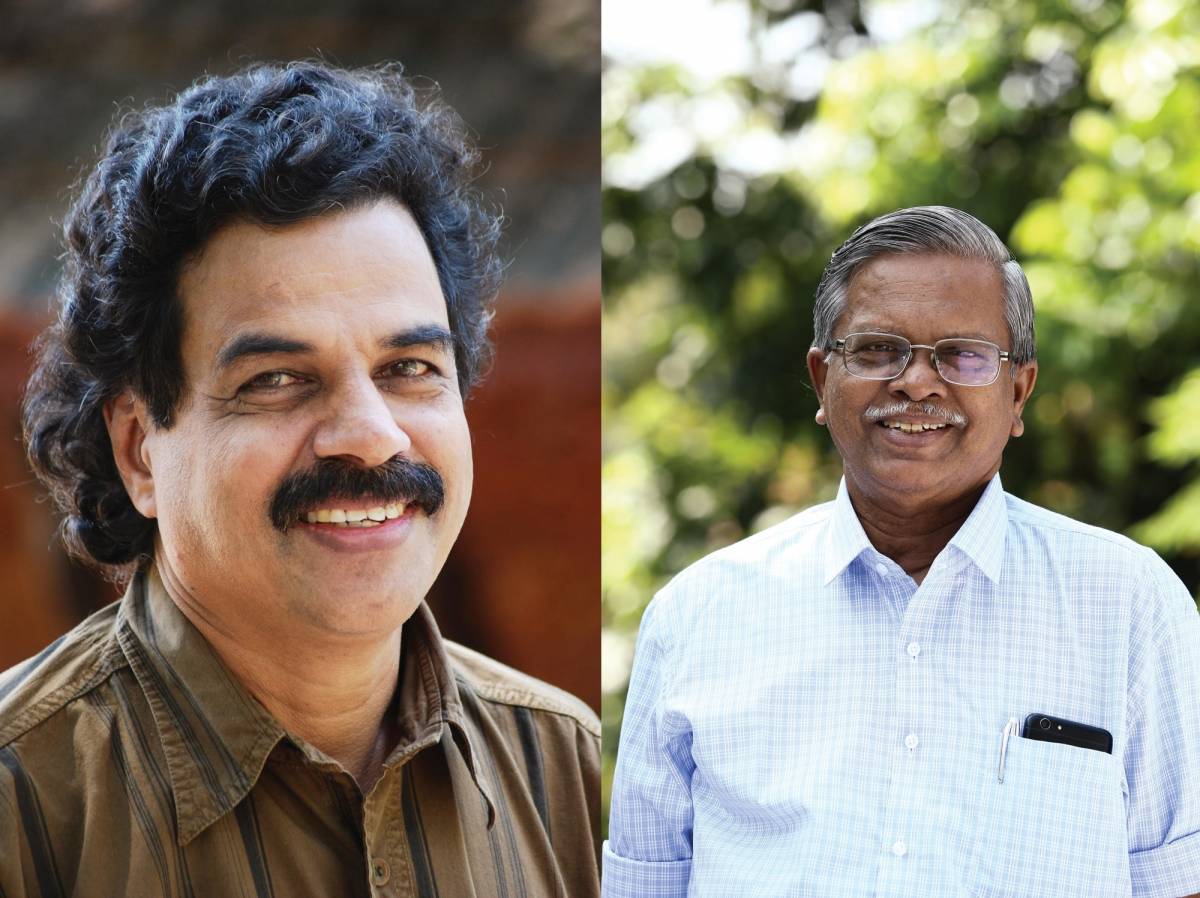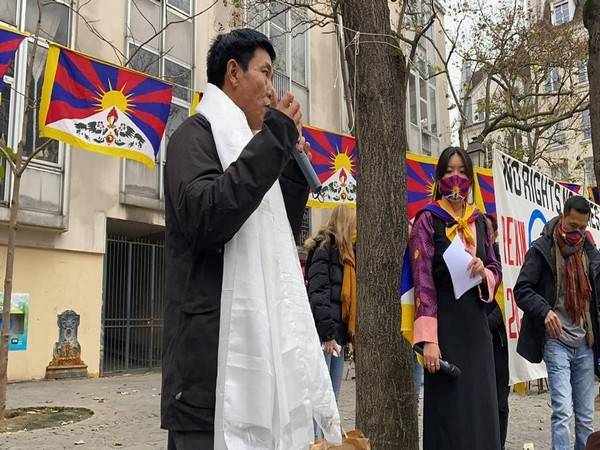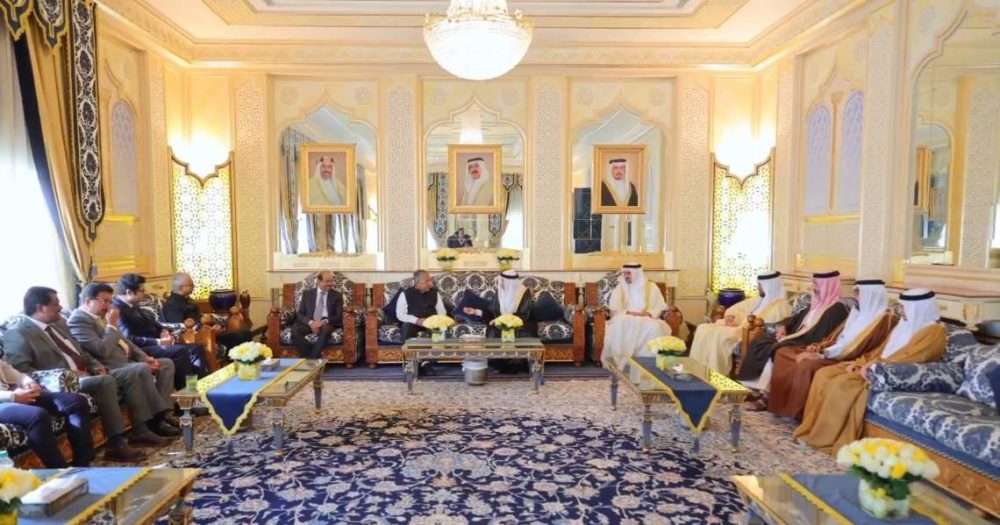The threat of terrorism, trafficking and drug smuggling has increased manifold for the Central Asian countries as the Afghan economy continues to deteriorate. ..writes Ateet Sharma
The export of extremism and an increase in drug trafficking from Afghanistan after the Taliban’s takeover of Kabul continues to bother the Central Asian countries, especially Tajikistan.
On Wednesday, as yet another joint military exercise kicked off not very far from the Afghan-Tajik border, Dushanbe upped the ante against Taliban and the issue of “worsened security situation” in the region at a UN Security Council meeting on Afghanistan in New York.
Addressing members of the UN Security Council, and some neighbouring countries of Afghanistan who were invited to attend the meeting, the Permanent Representative of Tajikistan to UN Jonibek Hikmat voiced the position of his country regarding the situation in Afghanistan.
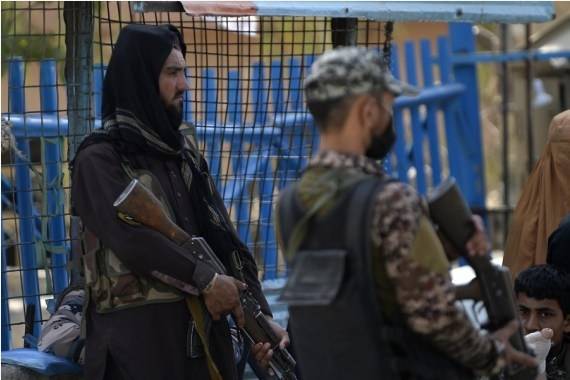
Recalling the messages sent to the Taliban during meetings in Italy, Russia, India, Pakistan and Turkey – to form an inclusive government, cut ties with other terrorist organisations and ensure the fundamental rights of women, children and ethnic groups – Hikmat said that the new regime in Kabul has failed to meet any requirement.
He insisted that the situation will have a greater implication for regional countries and beyond and urged the international community to be consistent in its approach and apply additional pressure on the Taliban to comply with the above demands.
“Twenty years have passed, the world has changed but not the Taliban. Their medieval mindset left no place for women’s and girls’ rights,” Hikmat said in his statement emphasising that Tajikistan will only support an inclusive government in Afghanistan, which guarantees the fundamental rights and freedoms of all citizens, particularly women.
The humanitarian catastrophe, he stressed, will further deteriorate during the winter as almost half of the Afghan population is in need of urgent assistance.
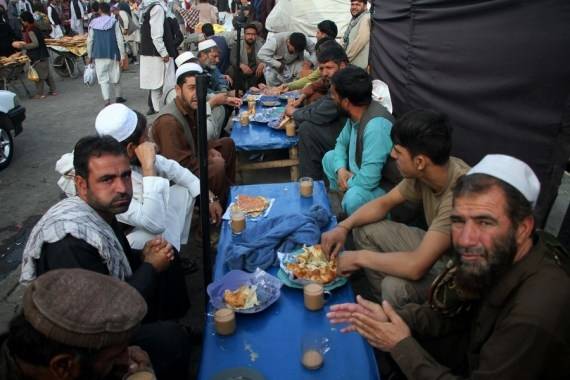
Vassily Nebenzia, Russia’s permanent representative to the United Nations, also voiced hope that the Taliban will uphold its promise of preventing a spillover of terrorist and drug trafficking threats to neighbouring countries.
The threat of terrorism, trafficking and drug smuggling has increased manifold for the Central Asian countries as the Afghan economy continues to deteriorate.
A joint exercise of the special forces and drug control agencies of the Collective Rapid Response Force (CRRF) of the Collective Security Treaty Organization (CSTO) titled ‘Cobalt-2021’ began at the Fakhrabad training ground in Tajikistan on Wednesday.
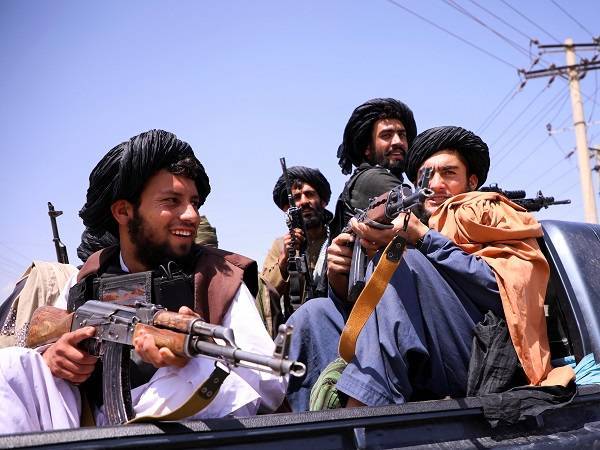
The CSTO member states have been for the last two decades highlighting the problem of the threat of drugs emanating from Afghanistan.
The three-day exercise will see the Russian military personnel, together with colleagues from Armenia, Belarus, Kazakhstan, Tajikistan and the Kyrgyz Republic, work out the planning and conduct of an operation to destroy militants, acting as part of the special forces of the CSTO CRRF.
“The leaders of our states and military departments have repeatedly stressed that the current situation on the border of Tajikistan, which has become the southern outpost of the CIS in the Central Asian direction, forces us to be on the alert,” said Colonel Yevgeny Okhrimenko, the interim commander of Russia’s 201st military base in Tajikistan.
“The exercise allows us to create a reliable barrier to terrorist and extremist threats, especially now in connection with the change in the nature of military dangers and military threats,” added Okhrimenko.
(The content is being carried under an arrangement with indianarrative.com)


